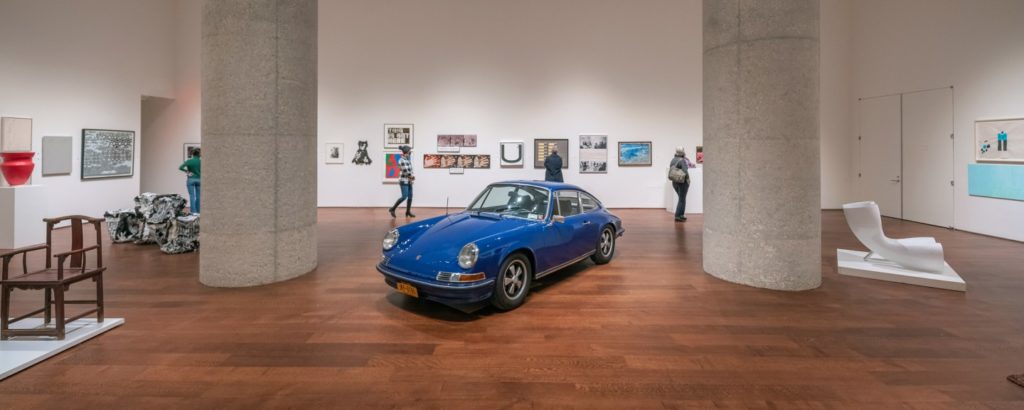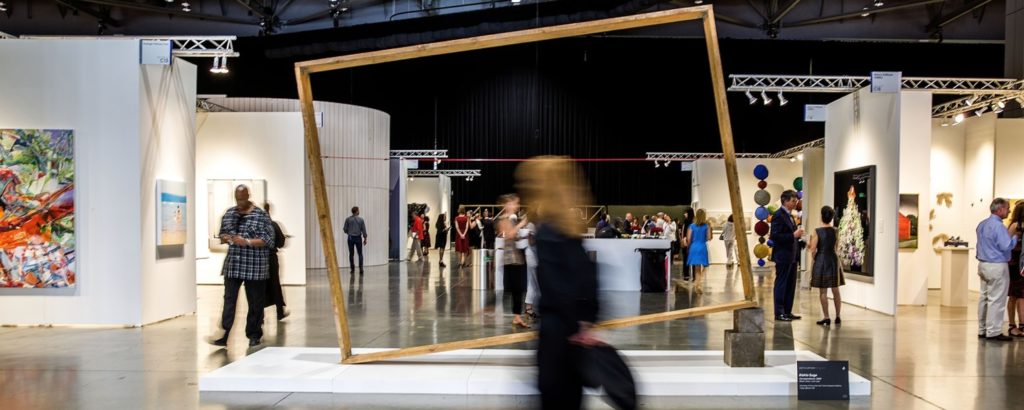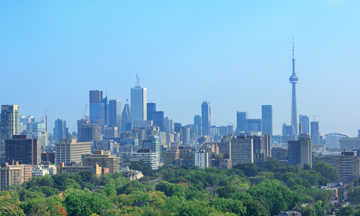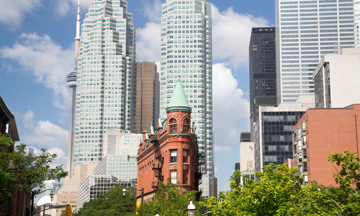1. The art world is pining for in-person communication and a change of scenery. There will be a reinterpretation or re-imagining of physical experiences once those can be held safely again and we’ll see a lasting resistance to large-scale events and greater demand for exclusive, high-quality in-person events with an immersive digital component. Further, there will be a greater focus on presenting art in unique and innovative locations and in a way that takes advantage of public spaces and virtual networks outside of the establishment.
“A greater focus on presenting art in unique and innovative locations, outside of the establishment”
2. The audience for buyers will continue to expand in 2021 as rapid technological transformation and the embrace of digital channels will remain ever present. The comprehensive set of digital tools clients can now access has not only broken down barriers to entry but reduced the need to view or physically handle works in person prior to purchasing. As a result, the average number of times that a work is seen will be exponentially multiplied.

3. The art world will continue to make significant strides in advancing sustainability initiatives and reducing its carbon footprint. From eliminating printed catalogues, invites, crates and excess packaging in art shipping and handling, to rethinking the need for international air travel for art fairs and exhibitions, there will be a greater consensus about how to reduce waste and incorporate more sustainable practices. In doing so, there will also be a shift in how art itself reflects the growing concerns of our ecological crisis, and the types of art collectors are interested in.
“there will be a shift in how art itself reflects the growing concerns of our ecological crisis”
4. Local will be the new global driven by pandemic travel restrictions. Having unavoidably spent much more time than usual in their hometowns and areas, many people have come to appreciate more acutely the sense of regional identity that was increasingly lost with globalization. This will mean that local styles and movements will become more pronounced and revered and will impact how and what auction houses and galleries choose to exhibit as well as heighten the importance of local museums as people rediscover their local regions.

5. Following the continued rise of cross-category collecting in 2020 which offered contemporary art alongside cars, and design, auctions featuring property from various departments will continue and increase in volume in 2021. Similar to museum exhibitions, more auctions will be contextualized by era or a specific theme rather than by a singular department.
6. The distinctions between art fairs, galleries, and auction houses will continue to blur in 2021 as the primary and secondary markets converge at an even greater scale than last year. Building upon the barriers that were broken down in 2020, market players will experience reconfiguration due to information consolidating and being widely available.

7. The strength of the market in Asia saw a step change in 2020, with a steady influx of new, younger buyers and a radically expanded buyer base with greater cross-category participation. This will continue in 2021. The demand for works by Western and emerging artists will continue to rise as well as a strong continued appreciation for classical works and luxury.
“there will be a steady influx of new, younger buyers with greater cross-category participation”
8. The number of buzzworthy artist-driven projects in Africa, coupled with the recent excitement for Black figurative paintings by young African diaspora artists, will segue into a greater interest in African art and art history, which will be enhanced by the continent’s ability to participate digitally at a greater scale than physically within the market. Once it is safe to travel again, Africa is gearing up as a great destination for the arts – Cape Town of course, but also cities like Lagos, Benin, where new world-class institutions are being built.


